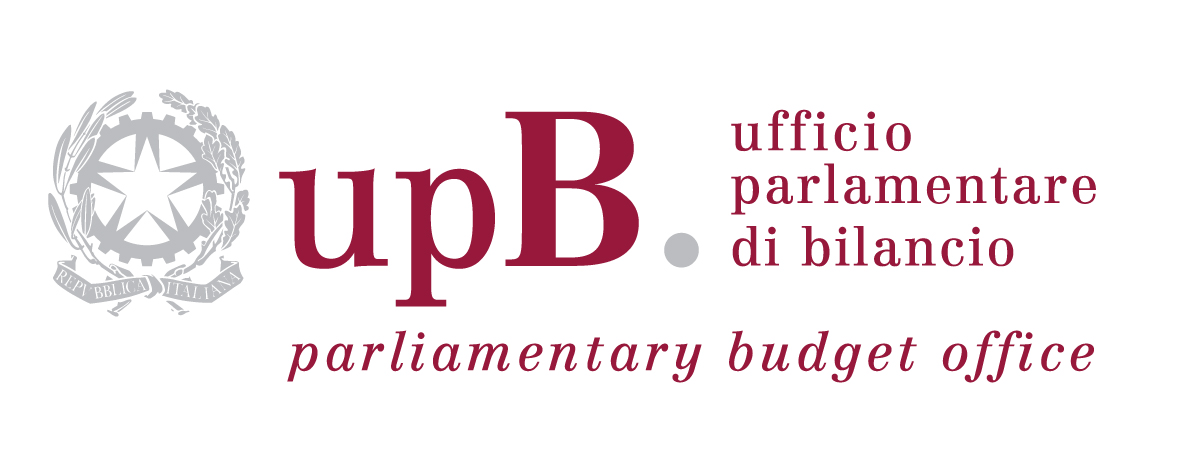The endorsement letter for the trend macroeconomic scenario in the Update to the 2020 Economic and Financial Document (the Update), transmitted by the Ministry for the Economy and Finance (MEF) on 21 September last, was published today on the website of the Parliamentary Budget Office (PBO). The PBO had issued its comments on a preliminary version of the trend forecasts provided by the MEF, to which the MEF responded on 18 September. As required, the PBO will also assess the policy macroeconomic scenario published in the Update, which incorporates the effects of the upcoming budget measures.
Taking account of the uncertainty that surrounds the forecasts, the PBO assessed the plausibility of the trend macroeconomic scenario of the 2020 update on the basis of ranges of acceptable values for the individual variables of which it is composed.
The Board of the PBO therefore endorsed the trend forecasts for the Italian economy in 2020-2021 – which project a contraction of 9.0 per cent in real GDP this year and growth of 5.1 per cent next year ‑ while underscoring the presence of significant risk factors.
As for the forecasts for the following years, i.e. 2022-2023 (which are not subject to endorsement), the MEF’s forecasts appear slightly optimistic compared with the acceptable range of forecasts based on currently available information.
The medium-term outlook for the Italian economy remains exposed to considerable risks, generally on the downside. The adverse scenarios are mainly attributable to the evolution of the pandemic, in Italy and abroad, as well as to financial strains.
Although the reopening of economic activities has so far proceeded in an orderly manner, the possibility of new restrictions can only be ruled out when effective treatments or vaccines are developed, the timing of which is currently uncertain. In the meantime, COVID-19 has started to spread rapidly in several European countries, such as France and Spain, as well as in Asia (especially India). If new restrictions on economic activity and personal movement were to become necessary in Italy in the coming quarters, this would have an impact both on economic conditions and economic actors, which were already hit by the past recession.
Economic and monetary policy-makers are countering the crisis by expanding the balance sheets of governments and central banks. When the pandemic is eradicated by effective treatments or vaccines and the world economy returns to steady growth, it will be necessary to reduce the accumulated financial imbalances. Any mismatches in the cycle of recovery between countries could affect the risk premiums demanded by markets from economies that are rebounding less rapidly. If this eventuality should involve Italy, which has a large stock of public debt, financial tensions could quickly interact with the spending decisions of households and firms.
